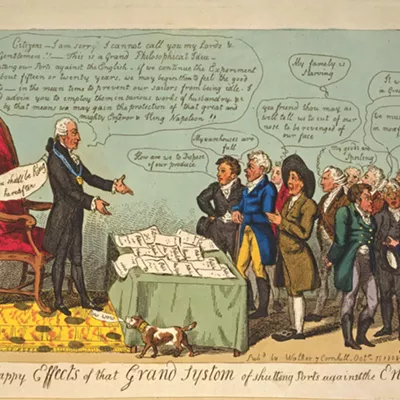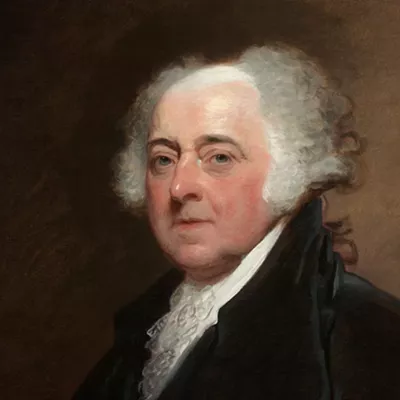Lindsey Graham might well be the closest that Donald Trump has come to owning a dog, but even the sycophantic senator from South Carolina was momentarily outraged by the president's decision to betray America's Kurdish allies in Syria. Graham promised that he would not sit on the sidelines and watch "a good ally, the Kurds, slaughtered by Turkey" before he dutifully returned to the sidelines to watch.
About 11,000 Kurdish fighters have died in the brutal five-year war against Islamic State in Syria. Turkey's close ties with Russia led the Pentagon to expel them from the F-35 Joint Strike Fighter project out of fear that Ankara would share defense secrets with the Kremlin. Yet Trump didn't hesitate to sell out our battle-proven allies to curry favor with Recep Tayyip Erdogan, the autocratic president of Turkey.
Kurdish homelands span portions of Iran, Iraq, Syria and Turkey. Turkey has long feared the emergence of a Kurdish state, and Erdogan argues that Kurdish fighters are supporters of PKK terrorists in Turkey. Trump gave Erdogan space to launch an offensive against the Kurds that could all too easily descend into ethnic cleansing.
We might expect such an act of betrayal from someone with no loyalty to anyone but himself, but the United States has a long history of abandoning its allies in the Islamic world.
President Thomas Jefferson launched America's first war on terror in 1801. Yusuf Karamanli, the bashaw of Tripoli, demanded a hefty protection payment from the United States. If the U.S. didn't pay up, Tripolitan corsairs would prey on American sailors and merchant shipping in the western Mediterranean. Jefferson refused to be extorted and decided instead to dispatch a U.S. Navy squadron to North Africa.
As with the fight against ISIS in Syria, American success in Tripoli depended on local allies. In 1805, U.S. Army Capt. William Eaton signed an agreement with Hamet Karamanli — Yusuf's older brother. Eaton promised to support Hamet to depose his brother as bashaw, as well as to help him recover his family, whom Yusuf held captive in Tripoli. With the assistance of a U.S. naval bombardment, Hamet's force of Tripolitans and Arabs captured the key port city of Derne. But as Eaton prepared for the final assault on the city of Tripoli, he was horrified to learn that the U.S. had exploited the victory at Derne to negotiate an advantageous peace with Yusuf. With their usefulness over, the U.S. abandoned Hamet and his followers.
Jefferson could count on the loyalty of his own party when the Federalist opposition attacked his administration over their mistreatment of Hamet in the run up to the 1806 midterm elections. But some Republicans have broken ranks with Trump over his betrayal of the Kurds. Mitch McConnell, Liz Cheney and even Cathy McMorris Rodgers have all criticized Trump's strategic blunder in Syria before the 2020 election.
There is no question that the Jefferson administration hung Hamet out to dry in 1805, but at least his administration's duplicity did advance the American national interest: The ill-gotten treaty with Yusuf protected U.S. sailors and merchant ships.
By contrast, Trump's abandonment of the Kurds benefits his own fragile ego at the expense of our national security. The Kurds remain critically important to defeating Islamic State. The recent death of Abu Bakr al-Baghdadi only reinforces this point. Kurdish intelligence made possible the U.S. special forces strike against the ISIS leader.
What sets Trump's betrayal of the Kurds apart from the other acts of duplicity by his predecessors is not that it is dishonorable or immoral, but that it unnecessarily imperils the lives of ordinary Americans. ♦
Lawrence B. A. Hatter teaches early American history at Washington State University. He is the award-winning author of Citizens of Convenience: The Imperial Origins of American Nationhood on the U.S.-Canadian Border.

























